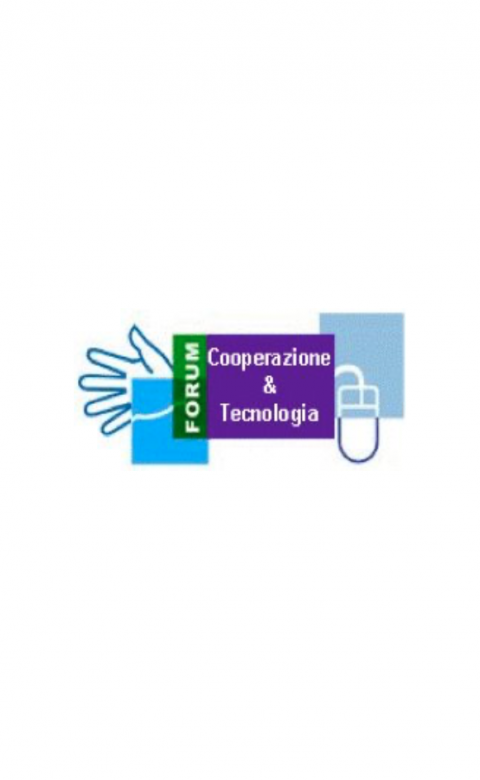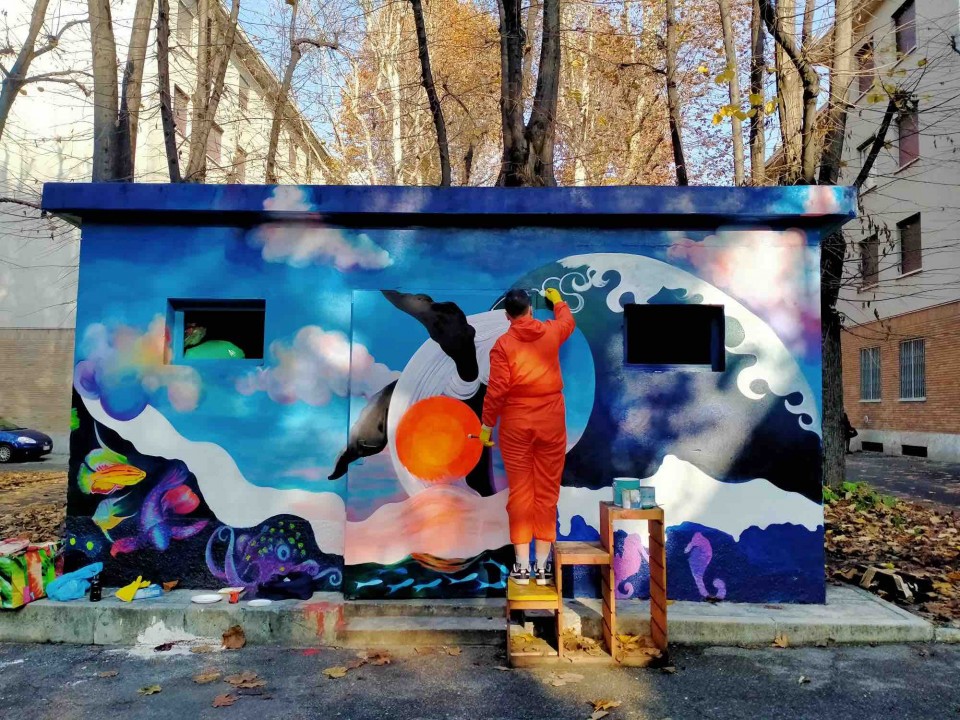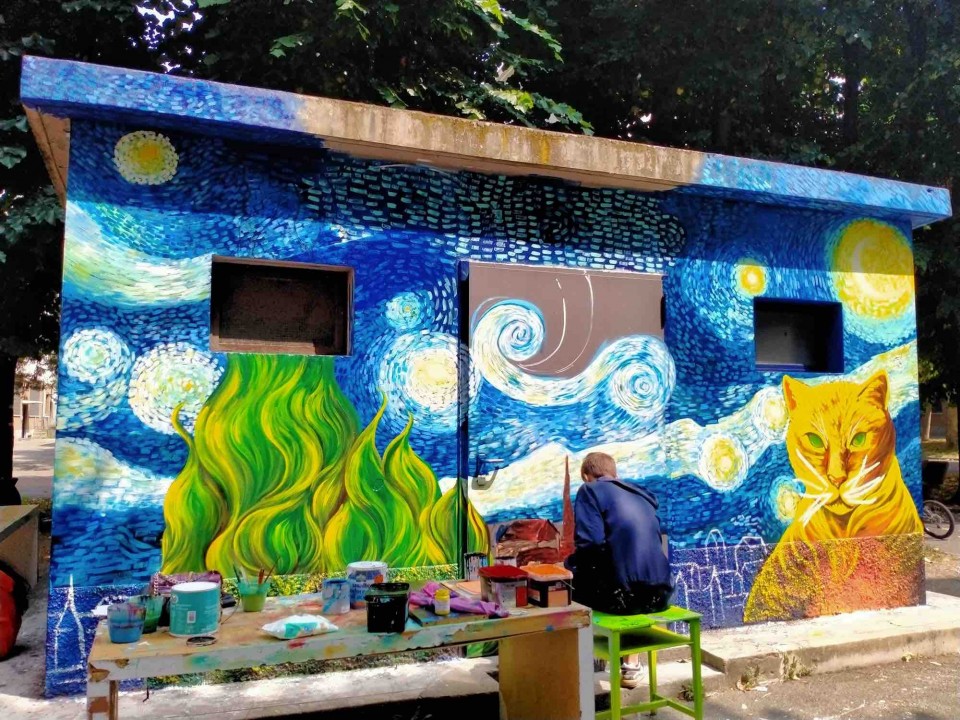Context
The 5Vie district offers an itinerary of exhibitions and installations in the streets of Roman and medieval Milan, in a continuous dialogue with contemporary lifestyle and the latest design research. The theme 2022 is inspired by Oscar Wilde and his idea that a map of the world that does not contemplate utopia is not even worth a glance. That is why the title of the programme is Prototyping Utopias, beyond all borders and nationalism, creed or orientation, under the sign of creativity and solidarity.
Keywords
interactive connections between centre-periphery-campaigns, collaborative support networks, mutualistic relations for a new generative welfare, r-existing communities for an ecological transition based on the construction of a sustainable future.
Contents
The representations of the 'ideal city' in Renaissance paintings propose cities not only without vegetation, but without their own countryside, i.e. in which the inhabitants are unable to produce the foodstuffs necessary for their own survival, within the urban boundaries that are delineated, in which nature is not allowed.
This model, which has driven the development of cities even in Western countries, where 70% of the population already lives, as in Italy, requires an increasing and stable flow of resources and energy from outside.
Now most of these raw materials, such as fossil fuels, are running out, and what is also changing the environment of our cities the most is the global warming produced by this development model. Worldwide, cities currently consume 70% of energy and 75% of natural resources.
What should therefore be proposed, particularly to local administrations, is a radical rethinking of the idea of cities, which cannot be thought of as places separated from nature, from their countryside, with a model of growth without end and endings; the reorganisation of environmental, economic and social flows that is necessary to combat climate change and initiate concrete paths of ecological transition, should have not an urban, but a territorial, metropolitan dimension, through co-evolution processes that see the collaboration not only of all the actors interested in building a sustainable future of their habitat, but also of all living beings, including plants, that could cover the current cities, drastically reducing the internal and planetary warming bubbles they produce.
Milan is immersed in Europe's largest agricultural park, the Parco Agricolo Sud Milano, which its inhabitants, both in the centre and in the suburbs, do not know, do not perceive as an eco-systemic resource that could improve their living conditions, also because it does not produce the food they consume on their tables.
First possible objectives
Reconnect Milan to its countryside, in which to encourage sustainable conversion processes of its crops, so that they can feed it differently and protect the environment and biodiversitỳ of the metropolitan area.
To build Sustainable Food Communities in each municipality that, through mutualistic relations between all the actors involved, can guarantee the right to quality, eco-friendly food to all inhabitants and thus also to the most fragile social sectors.




